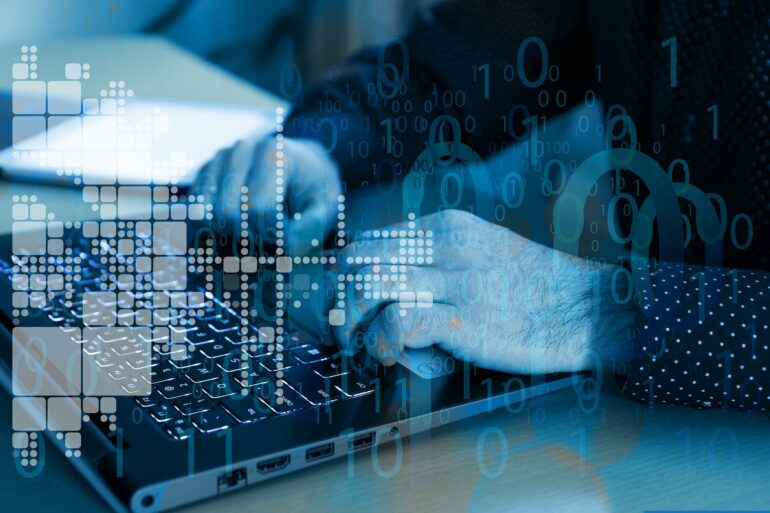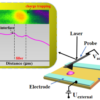A team of experts, including Monash University researchers, has developed a new technique to implement quantum-safe digital signatures twenty times faster, resulting in speedier and safer online transactions than ever before.
The research, published recently in IEEE Transactions on Parallel and Distributed Systems, is the first to develop a much faster way to implement Falcon—a post-quantum digital signature scheme—for graphic processing units (GPUs).
Co-author of the research and quantum-safe cryptography expert, Associate Professor Ron Steinfeld from Monash University’s Faculty of Information Technology, said the world is increasingly moving toward quantum-safe computer systems and Falcon is one of the leading quantum-secure digital signature schemes approved by the the National Institute of Standards and Technology (NIST) in the United States.
“Falcon and other quantum-safe signature schemes are quite detailed and time-consuming algorithms to implement for GPUs,” Associate Professor Steinfeld said.
“Through this research, we have successfully developed new techniques to solve the unique challenges of efficiently implementing Falcon on GPUs, resulting in 20 times faster generation of quantum-secure digital signatures compared to current state-of-the-art CPU implementations.”
First author of the research and parallel implementation expert, Associate Professor Wai-Kong Lee from Universiti Tunku Abdul Rahman, said many researchers have been working on optimizing the practical performance of Falcon since its recent introduction as a NIST standard.
“Falcon is particularly hard to implement on GPUs compared to other NIST standardized signatures, due to its special signing process. This work is the first attempt to fill the research gap and hopes to stimulate more significant breakthroughs in implementing Falcon,” Associate Professor Lee said.
Digital signatures are used widely across all GPUs and computer networks across the world to process and authenticate all types of digital transactions.
One of the research co-authors, Dr. Raymond Zhao from CSIRO, Australia’ national science agency, said governments across the world are moving to standardize computer networks to safeguard against attacks for quantum computers in the future.
“In recent years, with the increased use of computers for various activities including e-commerce, consumption of all forms of media and the use of artificial intelligence, there has been a rising demand for better performing GPUs which typically handle more complex computational processes,” Dr. Zhao said.
Dr. Zhao added that GPUs are usually used where huge amounts of data or transactions need to be processed on a daily basis.
“For example, in the case of e-commerce website Alibaba, we see around 583,000 orders per second during its peak time and online payments typically adopt digital signatures to secure the payments.
Assuming that it conducts two signature verifications for each transaction, in merely one second, the system needs to handle up to 583,000 signature generations and 1,166,000 verifications. This can be a very challenging task if all the signature generation and verification tasks are to be computed using only CPU, even for a very powerful server,” Dr. Zhao explained.
“Accelerated generation of digital signatures would positively impact all online transactions, especially for e-commerce transactions and Internet of Things (IoT) because those applications need to process millions of digital signatures per second on the server side during the peak time.”
More information:
Wai-Kong Lee et al, High Throughput Lattice-Based Signatures on GPUs: Comparing Falcon and Mitaka, IEEE Transactions on Parallel and Distributed Systems (2024). DOI: 10.1109/TPDS.2024.3367319
Citation:
New research to make digital transactions quantum safe and 20 times faster (2024, May 16)



